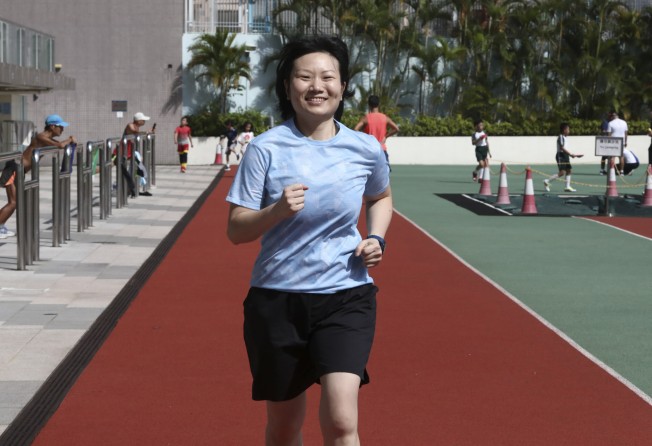
Breast cancer survivor in Hong Kong on how exercise helped her battle the disease, overcome treatment side effects and depression, and improve her quality of life
- Being physically active helped Nikki Chan overcome the physical and emotional challenges of cancer treatment and reinforce her mental well-being
- Even simply walking may expedite your recovery, while recent studies see lower recurrence and mortality risks in recovering patients who stay fit
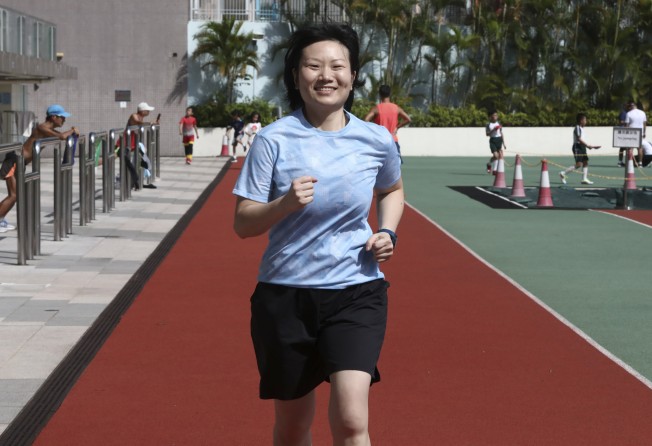
Nikki Chan was more than a little surprised when she was diagnosed with Stage 3C breast cancer in 2020. Aged 41, she considered herself an “active and sporty” person who followed a healthy lifestyle, exercising regularly and taking good care of herself.
“I couldn’t believe what I was hearing,” says the now-43-year-old, who was born in Hong Kong and works for a food purchasing company. “Fortunately, my oncologist told me that because I was already in such good shape, I would likely fully recover from the illness, and a few days later I began my cancer treatment.”
The treatments were brutal – just over three months of chemotherapy followed by a mastectomy of her right breast, a little over a month of radiation therapy, and finally, hormonal therapy, which she is currently receiving.
Chan credits exercise for helping her get through the physical and emotional challenges she had to face along the way. “I was in decent physical condition thanks to the fact that I exercised regularly – that’s probably why my body could withstand the treatments,” she says.

She kept up her exercise even after her diagnosis, though found that a challenge while having chemotherapy as she was so fatigued. After having a mastectomy, she was advised to switch from high-intensity exercises and stick to low-intensity ones.
Chan now runs and hikes about once a week. If bad weather keeps her from exercising outdoors, she does yoga, aerobics or a dance workout indoors. Being active makes her feel good, she says.
A report published in 2019 in the journal Medicine & Science in Sports & Exercise suggests exercise or other physical activity can help cancer survivors by reducing anxiety, depressive symptoms and fatigue, and also improve their health-related quality of life and physical function. It may help with bone health and promote better sleep.
Exercise may even help lower breast cancer patients’ risk of the disease recurring. A report published in 2019 in the journal The Breast suggested that the most physically active breast cancer survivors had a 42 per cent lower risk of death from any cause and a 40 per cent lower risk of death from breast cancer than those who were the least active.
Even minimal exercise has been shown to be beneficial for breast cancer patients – a study published earlier this year in the Journal of the National Cancer Institute revealed that a low level of activity could reduce their recurrence and mortality risks.


“Any level of exercise, even doing something once a week, has some benefit, so patients should remain active as much as they can comfortably tolerate and avoid inactivity,” says Dr Yau Chun-chung, a specialist in clinical oncology and a member of the Hong Kong Breast Cancer Foundation’s management committee.
“Even if you’re weak, I recommend you try to walk, under supervision and with support. This simple activity may expedite your recovery and enhance your quality of life. If tolerable, consider moderate-intensity aerobic exercise three times a week for about 30 minutes a session. This may include brisk walking on a treadmill.
“If you’re undergoing treatment or recovering from treatment, start with a gentle activity. I strongly recommend supervised exercise by an experienced rehabilitation doctor or physiotherapist.”
I can’t deny the role that exercise has played – and continues to play – in making this whole journey a bit more bearable
He adds that patients in the early post-operative period after surgery should avoid excessively stretching their shoulders and suggests that they consult their surgeon before engaging in excessive activity involving that part of the body.
Patients undergoing and recovering from radiation therapy should avoid water sports, sun exposure and excessive sweating, which he says may cause an adverse skin reaction.
Finally, if you have weak bones due to disease (such as bone metastasis) or treatment (such as accelerated osteoporosis, or bone thinning, from hormone therapy), Yau says to avoid exercises that place an excessively high load on your bones and to be mindful about preventing falls.
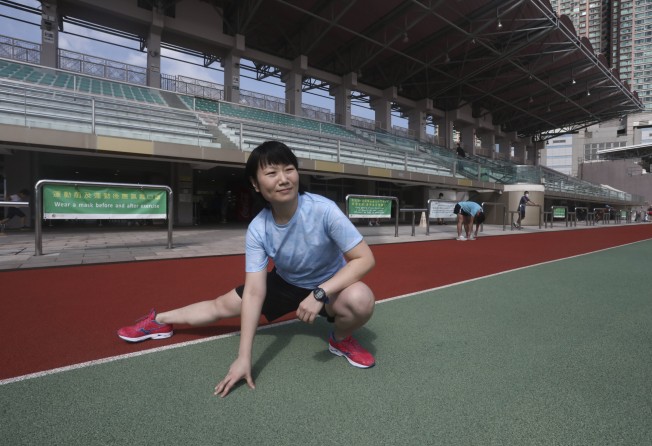
“Wherever you are in your treatment or recovery, if you experience pain, dizziness, weakness or nausea, or simply feel like stopping, take a rest and only restart the exercise when you feel confident about continuing.”
Yau also points out that while exercise is unlikely to cure a cancer or prevent it from progressing, it may reduce the risk of different types of cancer, including breast cancer.
“Besides stopping smoking, avoiding alcohol, eating a healthy diet and maintaining a healthy body mass index, exercising regularly is another modifiable lifestyle habit that can effectively prevent cancer, not to mention non-cancer diseases like heart disease, stroke, diabetes and other chronic illnesses.”
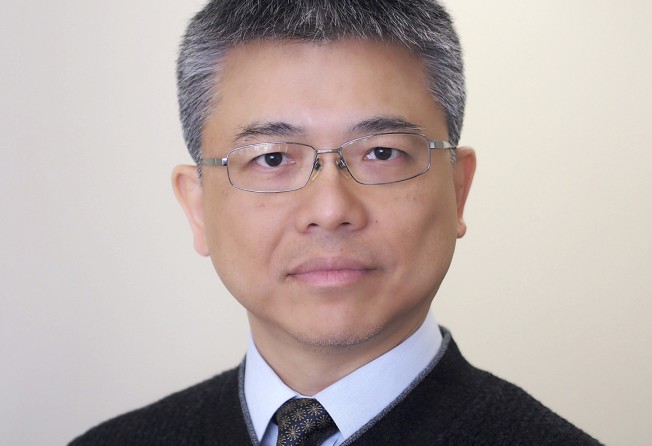
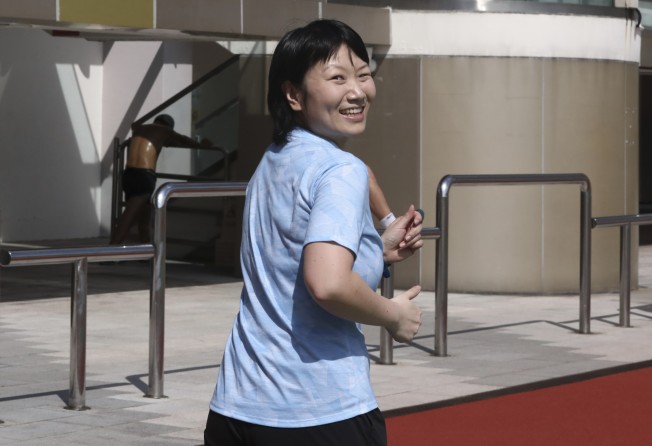
Chan is now part of the Hong Kong Breast Cancer Foundation’s young support group, and her cancer is almost behind her. When her treatment ends in three months, she looks forward to her life returning to normal.
She believes that continuing to stay active after her diagnosis helped with her recovery and ultimately strengthened her resolve to beat the disease.
“It helps to be an optimist and to have the support of loved ones, but I can’t deny the role that exercise has played – and continues to play – in making this whole journey a bit more bearable,” she says.
“It releases stress, improves my appetite, gives me the strength to get through my treatments, and takes my focus away from my health challenges for just a little while.”